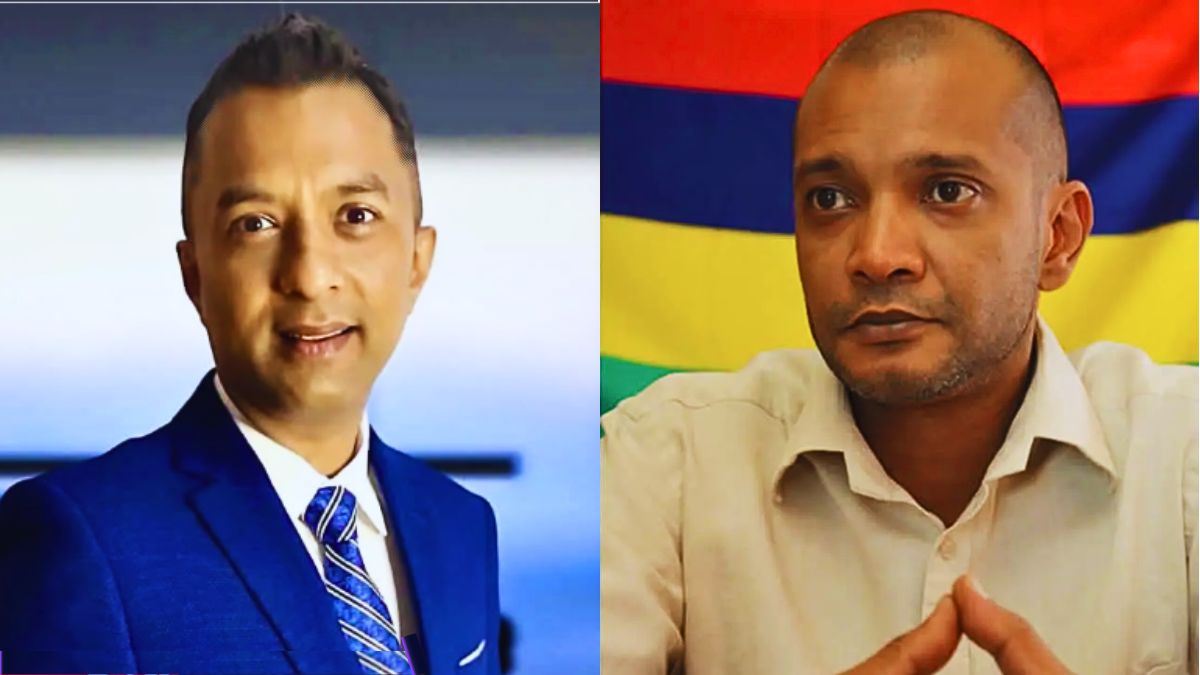LIFE AND STYLE
‘Obsolete’ Anti-Drug Campaigns Failing to Reach Young People, Experts Warn

Anti-drug communication in the nation has been branded an “urgent national concern” by a strategic communications expert, who argues that current awareness campaigns are “obsolete and tired,” failing to connect with audiences, particularly the youth. The criticism comes amid fears that drug use is becoming normalised and synthetic drugs are infiltrating schools.
Javed Bolah, an expert in strategic communication, has called for a “profound overhaul” of awareness methods to better align the message with the realities on the ground.
He maintained that existing campaigns often fail because the approach and method are outdated.
Call for Communication Overhaul
According to Mr. Bolah, while marches are important to show the fight continues, there is too often a “poor design between the message and the audience,” leading to communication failure.
He attributed this to a lack of initial reflection, noting that it is too often done after the fact.
“For me, every audience deserves a specific and clear message,” he explained, arguing that the fight against drugs sometimes becomes overly political or “glamourous” at the expense of real-world issues.
He stressed that drug abuse affects “everyone, regardless of social status or age,” not only those from vulnerable or middle-class backgrounds.
Javed Bolah dismissed spending millions on billboards that don’t reflect this reality as pointless, insisting:
“You have to go where the problem is… We must be able to communicate differently, to provoke a true awakening of consciousness.”
Activist Denounces Inaction
Supporting this sentiment, Jameel Peerally, founder of the Kollectif 420 activist group, called for more transparent and less guilt-inducing communication. However, his primary concern is the “absence of concrete progress,” particularly surrounding the decriminalisation of cannabis.
Mr. Peerally deplored the lack of concrete action and discussions on cannabis decriminalisation, stating:
“Nothing has been said on this subject… Maintaining silence is becoming an accomplice.”
He indicated that a demonstration may be organised soon to protest this inaction.
Jameel Peerally further condemned the lack of effective response from authorities to the rise of synthetic drugs, which he called a “formidable enemy” and a “real business” leading to violence and even murder.
“For more than 40 years, we haven’t stopped shouting that draconian measures are needed if we want to end drug trafficking,” he asserted, adding that despite police efforts and “fine speeches,” the country is “still in decline.”
For both experts, change requires not only new laws but also “honest, direct, and human communication.”
They warned that as long as the official discourse remains stuck between morality and repression, the anti-drug effort will continue to miss its vital target: “the heart and conscience of citizens.”
Prevention ‘Poor Relation’
The criticisms are highlighting a widely held view among observers that awareness remains the “poor relation” of anti-drug policy, despite dedicated strategies, action plans, and institutions.
While repression and decriminalisation debates dominate public discourse, observers are concerned that prevention messages, often delivered via posters, conferences, or symbolic marches, are losing impact in a context where drug consumption is becoming normalised, and synthetic drugs are reaching educational establishments.
Source: Defi Media











